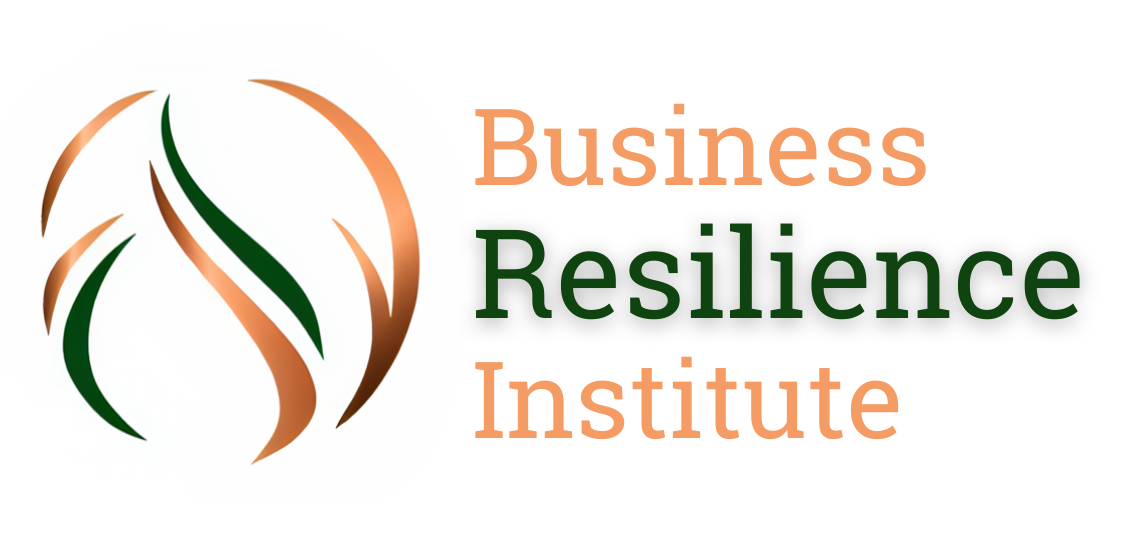Resilience and Disruptive innovation
Disruptive innovation and business resilience are two sides of the same coin, each enabling and enhancing the other. For businesses to not only survive but thrive in the face of rapid and unpredictable change, embracing both concepts is essential. By fostering a culture that values adaptability, proactive change, continuous learning, ecosystem building, and long-term sustainability, organizations can navigate the challenges and opportunities presented by disruptive innovation.

What is Disruptive Innovation?
Disruptive innovation refers to the process by which a smaller company with fewer resources is able to successfully challenge established incumbent businesses. This is typically achieved by targeting overlooked segments of the market or by revolutionizing the market with a novel product or service that offers simplicity, convenience, accessibility, or affordability where the incumbent’s offerings are too complex or expensive. Over time, these innovations redefine the industry, displacing established market-leading firms, products, and alliances.
Understanding Disruptive Innovation
Disruptive innovation is a transformative force that revolutionizes industries by introducing groundbreaking products, services, or technologies that alter the way we live, work, and interact. Unlike incremental innovations that improve upon existing products, disruptive innovations redefine entire markets, often displacing established market leaders and creating entirely new industries. These innovations start by targeting underserved or niche markets before rapidly expanding, fundamentally changing consumer expectations and behaviors.
The Intersection with Business Resilience
The relationship between business resilience and disruptive innovation is both complex and symbiotic. On one hand, disruptive innovation can be a source of risk and uncertainty for established businesses, challenging their resilience. On the other hand, resilience strategies can enable businesses to adapt to and capitalize on the opportunities presented by disruptive innovations.
Business resilience is the ability of an organization to anticipate, navigate, and adapt to changes, ensuring sustainability and success in the face of challenges. Disruptive innovation plays a dual role in the context of business resilience:
-
Competitor’s Disruptive Innovation: When competitors introduce disruptive innovations, it tests the resilience of existing businesses. Organizations must be agile and adaptive, leveraging their resilience to survive and thrive amidst these market upheavals.
-
Your Disruptive Innovation: Conversely, when your business is the source of disruption, it can provoke resilience in competitors. Your innovation may push others to adapt, potentially sparking further innovations and elevating industry standards.
Navigating Disruptions and Threats
In times of disruptions and threats, the capacity for disruptive innovation can be a critical navigational tool. It not only offers a mechanism to challenge the status quo but also provides a strategic advantage in redefining the marketplace. For businesses facing existential threats, either from technological advancements, market changes, or unforeseen crises, fostering an environment where disruptive innovation can flourish is key to not just surviving but leading in the new landscape that emerges.
Two sides of the same coin
The symbiotic relationship between business resilience and disruptive innovation underscores the necessity for organizations to cultivate both. Embracing disruptive innovation requires resilience, and resilience is often strengthened through the process of innovation. In the dynamic dance of competition, the ability to disrupt and the strength to adapt define the leaders of tomorrow.

